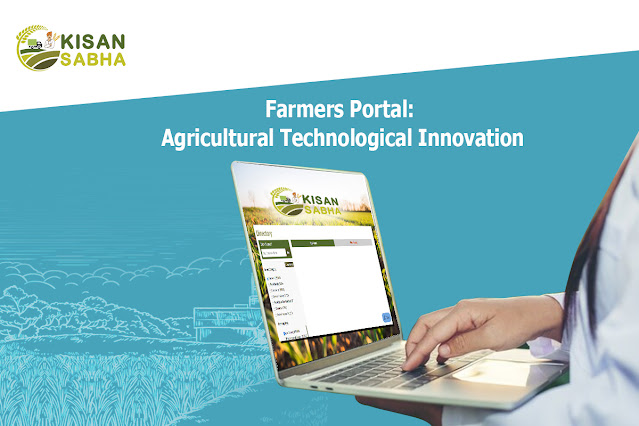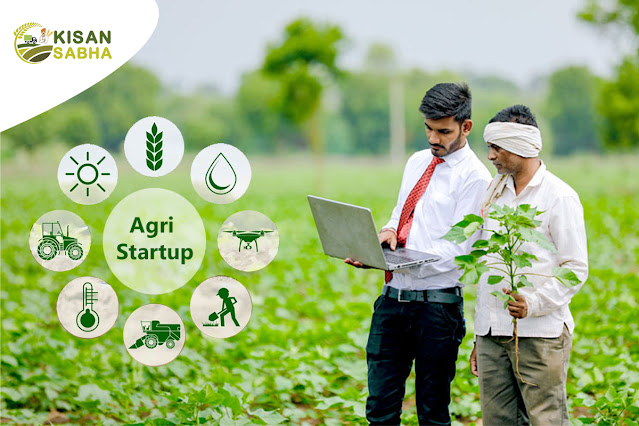In the ever-evolving panorama of agriculture, the position of era and current gadget cannot be overstated. As the needs of farmers continue to grow, connecting with agricultural gadget dealers emerges as a pivotal approach for the ones trying to beautify and streamline their agricultural groups. This blog explores the myriad benefits that arise from establishing robust connections with those sellers.
Agricultural equipment dealers are at the vanguard of technological improvements in farming equipment. By organising connections with them, farmers gain entry to the present day and most efficient device that may significantly improve productivity and decrease operational charges.
Dealers frequently own a deep understanding of the nearby agricultural landscape. This insight permits them to provide customized solutions tailored to the precise needs and challenges faced by means of farmers in a particular area. Whether it is precision agriculture or specialized systems, sellers can provide treasured pointers.
Establishing connections with sellers is going past purchasing equipment. They additionally play a crucial position in presenting expertise and schooling on the way to use and hold the machinery successfully. This ongoing assistance ensures that farmers can maximize the capacity of their investments.
Dealerships frequently provide bundled offerings, together with protection applications and financing options. These complete answers can translate into cost savings for farmers, making top notch devices more reachable and less costly.
Agricultural operations are time-touchy, and any downtime may have enormous consequences. By connecting with device sellers, farmers can make sure to spark off and green upkeep and repair services, minimizing disruptions to their operations.
Engaging with agricultural equipment dealers opens up networking opportunities inside the agricultural network. Farmers can connect with friends, percentage reports, and stay informed about enterprise traits and improvements, fostering a collaborative and supportive environment.
Agriculture is difficult due to diverse environmental and financial fluctuations. Dealerships, being nicely-versed inside the enterprise, can offer valuable insights and answers to assist farmers adapt to changing conditions and stay resilient in the face of challenges.
Setting up sturdy connections with agricultural machinery dealers isn't only a transaction but a strategic circulate for farmers aiming to thrive within the aggressive landscape. The benefits extend beyond the purchase of machinery, encompassing knowledge, guidance, and a community of sources that may propel agricultural corporations toward more achievement. It's a partnership that may sow the seeds for a prosperous and sustainable destiny in agriculture.
.jpg)
.jpg)

.jpg)
.jpg)

.jpg)
.jpg)

